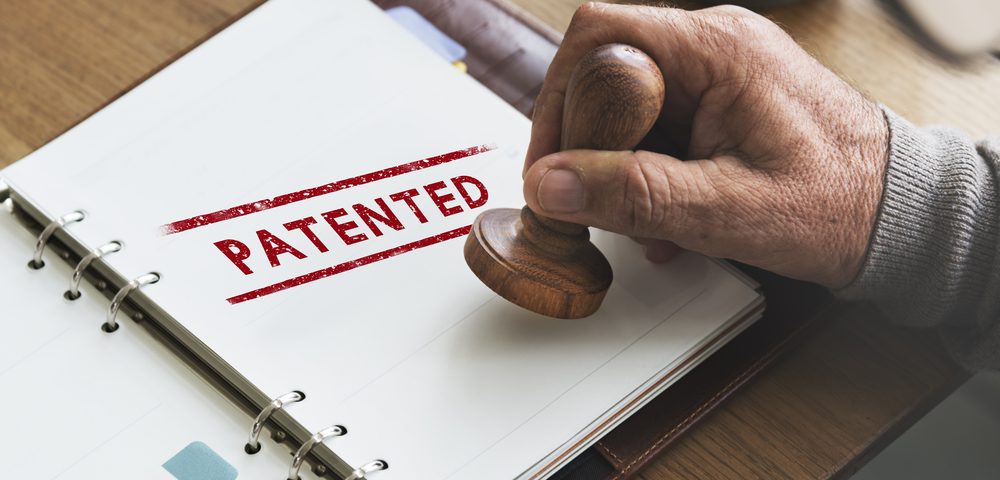Humanetics Corporation has received a U.S. patent for its BIO 300 compound, which it developed to prevent erectile dysfunction in men receiving radiation therapy for prostate cancer.
Two professors at the University of Maryland School of Medicine, Dr. Zeljko Vujaskovic, MD, and Dr. Isabel L. Jackson, PhD, developed BIO 300.
Preclinical studies a few years ago showed that the compound not only can mitigate radiation-induced erectile dysfunction, but can also improve radiotherapy’s ability to kill tumors.
The research, “Soy isoflavones in conjunction with radiation therapy in patients with prostate cancer,” was published in 2010 in Nutrition and Cancer.
After skin cancer, prostate cancer is the most common cancer in American men, with the American Cancer Society predicting 161,360 new cases in 2017.
The most common way to treat patients with localized prostate cancer is external beam radiation. But the procedure can have side effects, such as incontinence or erectile dysfunction, that impact a patient’s quality of life.
Researchers have found that BIO 300 can be both a radioprotector, preventing or reducing radiation damage to normal tissue, and a radiosensitizer, increasing radiation’s ability to kill tumors.
The compound is a nanoparticle containing a substance called genistein that occurs naturally in plants.
In a pilot study with 42 patients, researchers assessed BIO 300’s ability to help localized prostate cancer patients undergoing radiation therapy.
Patients answered a quality of life questionnaire three and six months after treatment to assess radiation therapy’s effects on the bladder, bowel, and sexual function.
At three months, patients who received genistein reported less urinary incontinence, less urgency, and better erectile function than those who took a placebo. At six months, the genistein patients still reported better bladder function and less cramping or diarrhea.
Importantly, 77% of those who received the compound were able to have erections, versus 57.1% of those who had not received it.
“Radiation-induced ED remains a devastating consequence of prostate cancer therapy and influences treatment-related decisions for these patients,” Vujaskovic, who is also director of the school’s Division of Translational Radiation Sciences (DTRS), said in a news release. “These findings support the advancement of this novel drug into a human efficacy study.”
BIO 300 is expected to enter clinical development for prostate cancer this year.

